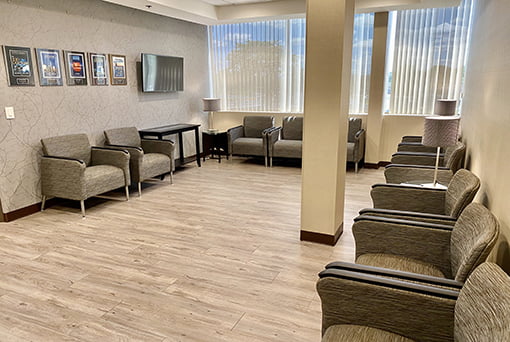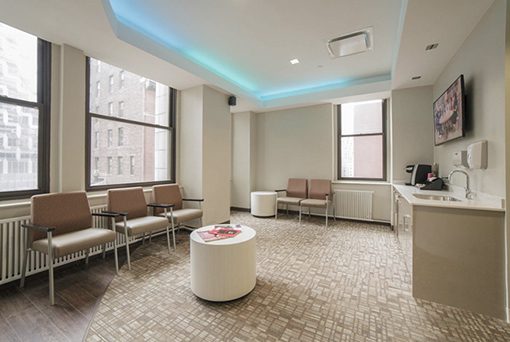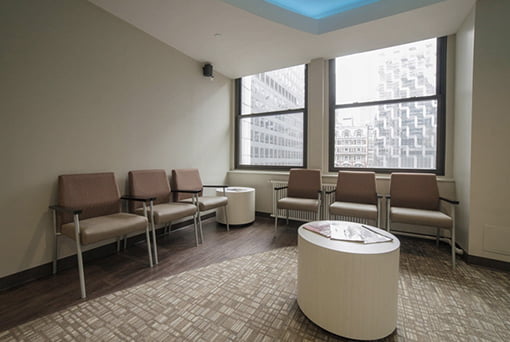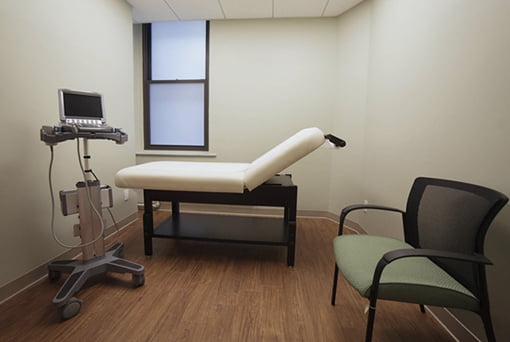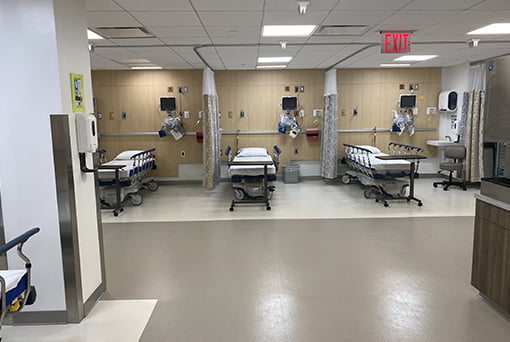 OUR LOCATIONSCall to book (212) 604-1300
OUR LOCATIONSCall to book (212) 604-1300
 OUR LOCATIONSCall to book (212) 604-1300
OUR LOCATIONSCall to book (212) 604-1300
Table of contents
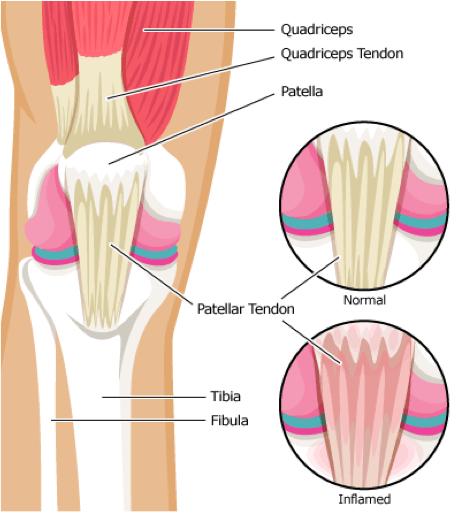
While Knee Tendonitis, or Jumper’s Knee, may seem like a minor knee injury, it must be treated in order to prevent it from getting worse. If left untreated, Knee Tendonitis may require surgery.




The first step in treating Knee Tendonitis is to make an appointment to see a doctor who specializes in Sports Medicine and knee injuries for a diagnosis and to learn your treatment options.
Treatment for Knee Tendonitis varies greatly depending on the severity of the inflammation. For mild cases of Jumper’s Knee, simple methods such as the RICE Method: Rest, Ice, Compression and Elevation, may be recommended. For moderate to severe cases of Jumper’s Knee treatment may include may include anti-inflammatory medication, Physical Therapy, Rehabilitation programs and Injections for Pain Management.
At New York Pain Care, personalized treatment plans for knee injuries or sports injuries are designed for each individual patient by our expert staff.
Call us at 212-604-1300 or request more information using the form above. At New York Pain Care our goal is to get you started on a personalized treatment plan to find relief.
Click here to book an appointment online now.


New York Pain Care
20 Squadron Blvd, Suite 290
New City, NY 10956
(212) 242-8160



